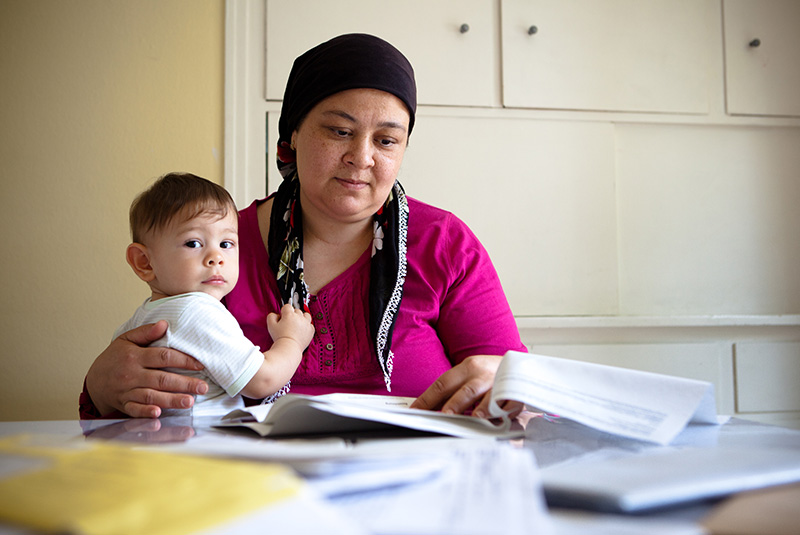Income Support
What is Income Support?
Income Support gives you a basic living income and it’s a means-tested benefit. This means your savings, income or the income of other people in your household will affect how much you get, but the benefit does not depend on your National Insurance (NI) contributions.

Is Income Support being replaced by Universal Credit?
You can no longer make a new claim for Income Support as it is gradually being replaced by Universal Credit, with every transfer hoping to be complete by the end of 2024.
If you are already claiming Income Support, then you will continue to receive it until you are transferred over to Universal Credit provided you continue to meet the eligibility criteria, which includes:
- You are not in full-time paid employment
- You are aged between 16 and the State Pension age
- You live in either Scotland, England or Wales
- You do not have savings of more than £16,000
You must also be at least one of the following:
- pregnant
- a lone parent (including a lone adoptive parent) with a child under 5
- a lone foster parent with a child under 16
- a single person looking after a child under 16 before they’re adopted
- a carer
- on maternity, paternity or parental leave
- unable to work and you receive Statutory Sick Pay, Incapacity Benefit or Severe Disablement Allowance
- in full-time education (not university), aged between 16 and 20, and a parent
- in full-time education (not university), aged between 16 and 20, and not living with a parent or someone acting as a parent
- a refugee learning English - your course needs to be at least 15 hours a week, and you must have started it within 12 months of entering the UK
- in custody or due to attend court or a tribunal
You do not need a permanent address. For example, you may be sleeping rough or live in a hostel or care home.
If you are looking to make a new claim you will need to apply for Universal Credit instead.

